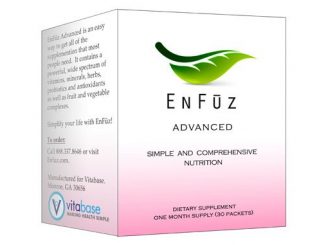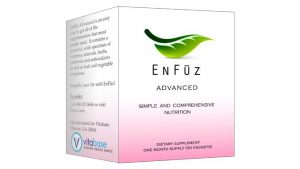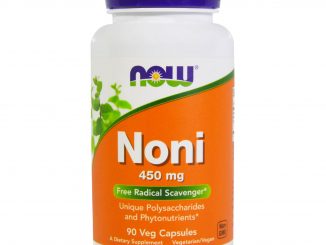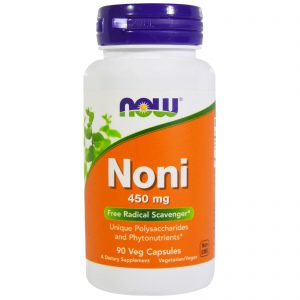The properties of Noni
Morinda Citrifolia is a fruit-bearing tree in the coffee family, Rubiaceae. Its native range extends across Southeast Asia and Australasia, and the species is now cultivated throughout the tropics and widely naturalized. Among some 100 names for the fruit across different regions are the more common English names of great morinda, Indian mulberry, noni, beach mulberry, and cheese fruit.
The fresh fruit's strong, vomit-like odor has made it a famine food in most regions, but it remains a staple food among some cultures, and has been used in traditional medicine. In the consumer market, it has been introduced as a supplement in various formats, such as capsules, skin products, and juices.
Morinda Citrifolia (Noni) fruit powder contains carbohydrates and dietary fibre in moderate amounts. These macronutrients evidently reside in the fruit pulp, as Noni Juice has sparse nutrient content. The main micronutrients of Morinda Citrifolia pulp powder include vitamin C, niacin (vitamin B3), iron and potassium. Vitamin A, calcium and sodium are present in moderate amounts. When Morinda Citrifolia juice alone is analyzed and compared to pulp powder, only vitamin C is retained in an amount (34 mg per 100 gram juice) that is 64% of the content of a raw navel orange (53 mg per 100 g or 89% of the Daily Value). Sodium levels in Morinda Citrifolia juice (about 3% of Dietary Reference Intake, DRI) are high compared to an orange, and potassium content is moderate.
Morinda Citrifolia (Noni) fruit contains a number of phytochemicals, including lignans, oligo- and polysaccharides, flavonoids, iridoids, fatty acids, scopoletin, catechin, beta-sitosterol, damnacanthal, and alkaloids.





























































